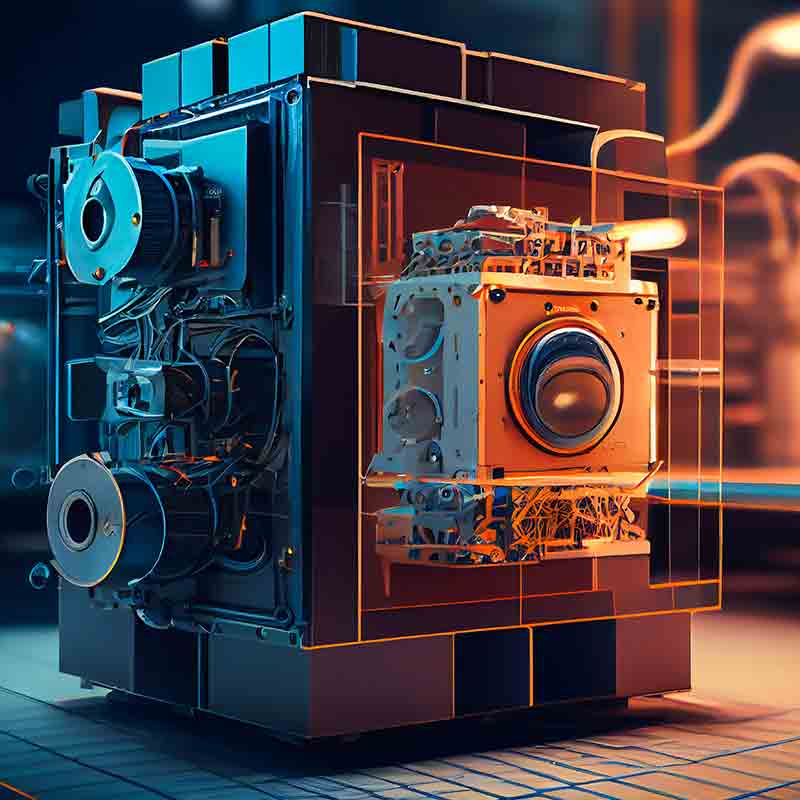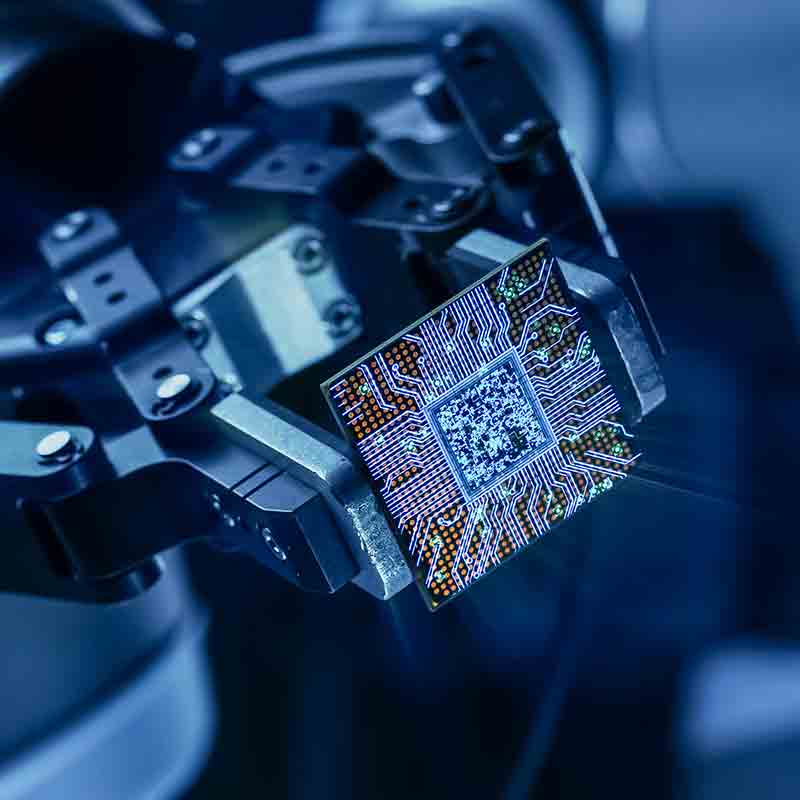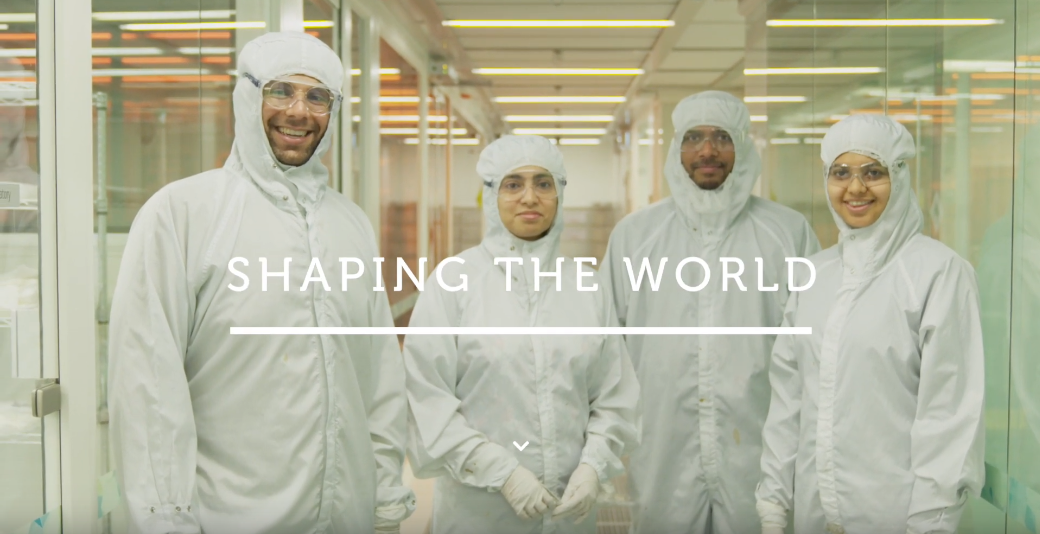Research in the College is carried out across the four Schools of Engineering, Health and Biomedical Sciences, Science and Computing Technologies.
Our research addresses issues of global importance, and concerns at local, national and international levels. Highly experienced researchers adopt a collaborative approach to identify innovative, timely and ground-breaking solutions that benefit society.
With globally recognised researchers supported by state-of the-art facilities, the College offers exceptional opportunities for postgraduate, postdoctoral researchers and academic staff.
Advanced manufacturing and design
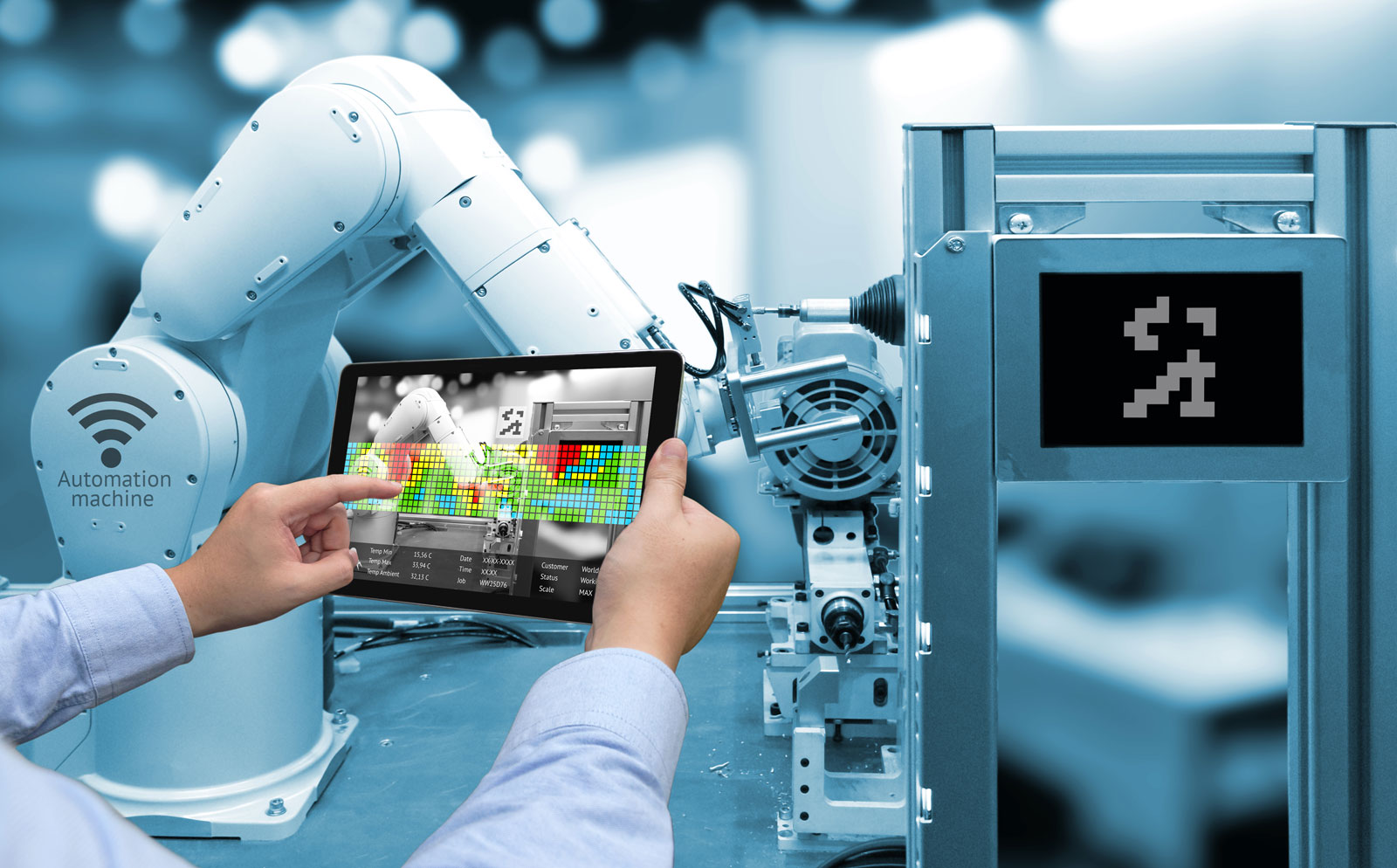
RMIT is leading the next generation of manufacturing through industry-focused research.
Advanced manufacturing technologies are key enablers in modern manufacturing and play a significant role in increasing the efficiency, competitiveness and profitability of the industry.
Our researchers and partners adopt a collaborative approach to undertake applied industry focused research.
RMIT’s Advanced Manufacturing Precinct supports our research through the provision of leading-edge equipment and technologies.
The powerful combination of in-house expertise and ready access to leading edge equipment allow our researchers and designers to lead the next generation of manufacturing and deliver innovative solutions across a number of sectors including automotive, aerospace, machinery, tooling, medical, instrumentation and high-performance textiles.
Current research areas include:
- computer integrated manufacturing including automation, systems integration, computer numerically controlled manufacturing
- custom to commercialisation
- design to production
- early prototyping to production
- niche manufacturing capability
- product and material testing
Multi-partner collaborations
- Excellerate Australia
Key people
- Professor Alireza Bab-Hadiashar
- Professor Milan Brandt
- Professor John Mo
- Professor Ma Qian
- Distinguished Professor Mike Xie
Contributing schools
Computing technologies

Our IT researchers make a strong contribution to the fast-developing knowledge of information and computing technology.
With internationally recognised outcomes in both applied and theoretical research, the College is making a strong contribution to the fast-developing knowledge of computing technology.
We have increased our research capability through the recruitment of world-class researchers and the creation of significant collaborative partnerships.
Our researchers contribute to solutions in a range of industries including medical, education, nanotechnology, automotive, mobile and smart devices.
Current research areas include:
- Algorithms for massive data sets
- Cloud computing
- Data analytics
- Data mining and data management
- Distributed systems
- Network systems
- Machine learning, optimisation
- Information and signal processing
- Intelligent agents
- Microelectronics
- Search engines
- Data security
Key people
Contributing schools
Health innovation and translational medicine
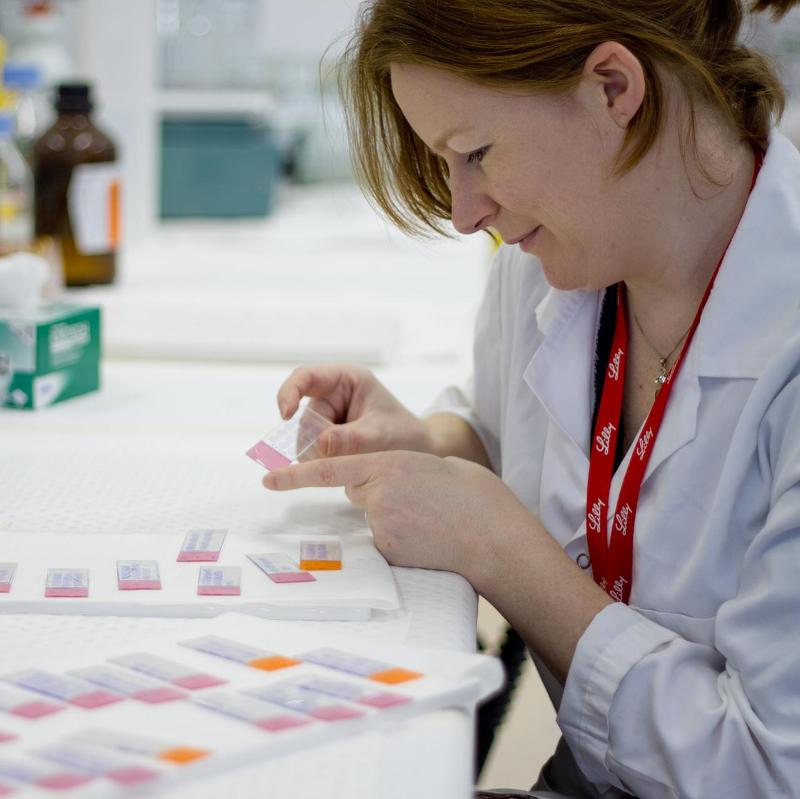
RMIT's health researchers are active contributors to the discovery of global health solutions.
Our research programs in health innovation and translational medicine take a holistic approach to solving global health issues and expanding universal knowledge about the human body.
A multidisciplinary approach and collaboration with researchers from world renowned health organisations bring together expertise from a diverse range of disciplines including health, medical and pharmaceutical sciences, food and nutritional sciences, pharmacology, advanced manufacturing, nanotechnology and bio-engineering.
Through basic research, clinical trials, laboratory experimentation and collaboration, RMIT researchers have made a measurable impact on proactive healthy behaviours and clinical health.
Current research areas include:
- Biomedical engineering
- Cardiovascular biology
- Traditional and herbal medicines
- Exercise and sports sciences
- Laboratory medicine
- Nutraceuticals
- Neuroscience
- Nursing and midwifery
- Nutrition
- Obesity and diabetes
- Pharmaceutical science
- Psychology
Multi-partner collaborations
Key people
- Professor Peter McIntyre
- Associate Professor Sarah Spencer
- Professor Jiyuan Tu
- Professor Charlie Xue
- Professor Irene Yarovsky
- Professor Jiming Ye
Contributing schools
Nano materials and devices
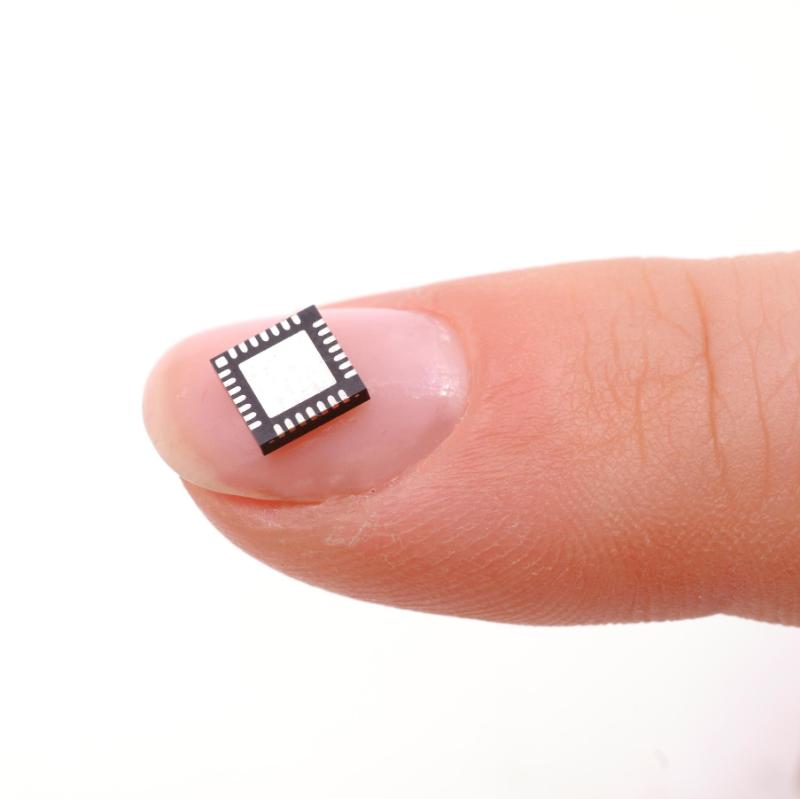
RMIT has contributed to the world-wide advances made in the exciting and progressive area of nanotechnology research.
The potential of nanotechnology has tantalised researchers across the world since the concept first emerged in the 1950s.
Supported by a strong collaborative research environment and state of the art equipment, our nanotech researchers work across multiple disciplines to unlock this potential.
A true multiple disciplinary approach sees nanotechnology contributing to all of RMIT’s five key areas of research focus with investigations being conducted in areas including:
- Electronics, photonics and sensors
- Medical, health, biotechnology and pharmaceutical sciences
- Energy, the environment and air and water purification
Multi-partner collaborations
- ARC Centre for Ultrahigh bandwidth Devices for Optical Systems (CUDOS)
- ARC Centre for Excellence in Exciton Science
- ARC Centre of Excellence for Quantum Computation and Communication Technology
Key people
- Distinguished Professor Suresh Bhargava
- Associate Professor Brant Gibson
- Professor Andrew Greentree
- Professor Arnan Mitchell
- Professor Salvy Russo
- Professor Leslie Yeo
Contributing schools
Quantum technologies
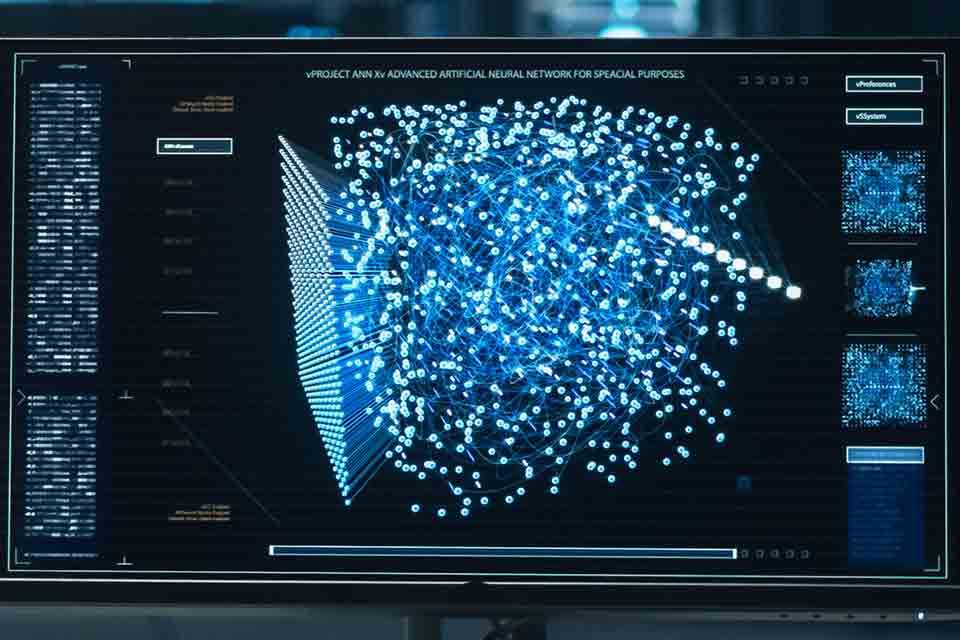
RMIT University pioneers quantum technologies advancements with a strong focus on applications in sectors like healthcare, defence and communication.
At RMIT, we harness quantum phenomena to revolutionise sensing, computing, and communications. We develop, make and prototype new quantum materials and integrate them for use. Collaborating and partnering with industry leaders and research institutions, we drive innovation and provide tangible solutions to real-world challenges.
RMIT offers state-of-the-art facilities, essential quantum infrastructure, and diverse programs for students, researchers, and industry professionals.
RMIT’s research in quantum delves into fundamental research to advance this field as well as applied research to advance Technology Readiness Levels (TRL) toward implementation.
What we do in quantum technologies?
RMIT’s Quantum Technologies portfolio is focused on four core domains: Quantum Sensing; Quantum Computing and Communication; Quantum Materials and Manufacturing; and Quantum Fundamentals.
Sensing
Innovating quantum sensing solutions to reach new levels of precision in application areas spanning health, mining, telecommunications, and defence sectors.
Computing and communications
We design and realise novel ways to process and transmit quantum information, using the quantum physics of photons, atoms and circuits.
Materials and manufacturing
Quantum technology requires nanoscale precision manufacturing using ultra-pure materials. We use the latest equipment and simulations to minimise defects and maximise performance in quantum devices.
Fundamentals
Our work in quantum technology is underpinned by deep research in the fundamentals of quantum and relativistic physics using advanced mathematical and computational tools.
Research highlights
- Early warning system for infection and improved healing
- Computer aided design for quantum technology
RMIT quantum technologies in the media
- Discovery could inspire new way to detect brain abnormalities
- Qubits and the quantum computing future
- RMIT project wins US Navy innovation prize grant
- Glass blowing inspires new class of quantum sensors
- Weaving quantum processors out of laser light
- ‘Spintronic’ research promises faster, more efficient computing
- Google chooses RMIT to help shape the future
- The race to build a quantum computer
- Mapping the edge of reality
- RMIT researchers make leap in measuring quantum states
- Researchers refine method for detecting quantum entanglement
- Quantum computing closer as RMIT drives towards first quantum data bus
RMIT quantum research community
- Dr Alastair Stacey, School of Physics
- Associate Professor Alberto Peruzzo, School of Engineering
- Professor Andrew Greentree, School of Physics
- Professor Arnan Mitchell, Director of RMIT's Micro Nano Research Facility (MNRF), and the Integrated Photonics and Applications Centre
- Professor Brant Gibson, Assistant Associate Dean Physics
- Dr Brett Johnson, Research Fellow, School of Science
- Professor Gary Bryant, School of Science
- Professor Jared Cole, School of Physics
- Jean-Philippe-Tetienne, Senior Research Fellow, School of Science
- Professor Matt Duckham, School of Science, and Enabling Impact Platform Director (Information in Society)
- Professor Nicolas Menicucci, School of Science
- Dr Philipp Reineck, School of Science
- Associate Professor Stefania Castelletto, School of Engineering
- Professor Baohua Jia, School of Science
Research facilities
Sustainable systems

RMIT researchers are contributing to the world-wide response to climate change and sustainability through innovative and cross-disciplinary investigations.
The complexity of the issues around global sustainable development demands a cross-disciplinary approach to find ways to respond to the economic, environmental and social challenges of our time.
We have teams of civil, mechanical, computer, environmental, chemical and automotive engineers, mathematicians, statisticians, technologists, computer experts, physicists, chemists, biologists and other scientists investigating solutions to these issues.
Through modelling, mapping, simulating, prototyping, experimenting, investigating and collaborating they are contributing to global sustainability solutions.
Current research areas include:
- Fire safety
- Renewable energies
- Sustainable building materials
- Sustainable manufacturing,
- Understanding weather, and climate change
- Water purification and safety
- Waste management
Multi-partner collaborations
Key people
- Professor John Handmer
- Professor Darryn McEvoy
- Emeritus Professor Felicity Roddick
- Professor Gary Rosengarten
- Professor Kefei Zhang
